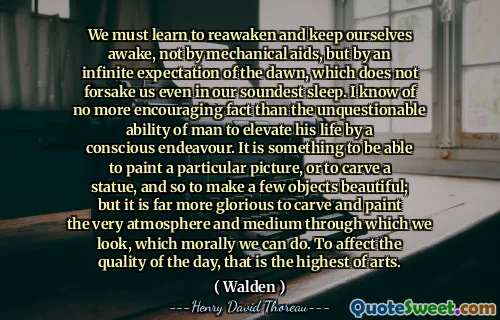
No man ever stood the lower in my estimation for having a patch in his clothes: yet I am sure that there is greater anxiety, commonly, to have fashionable, or at least clean and unpatched clothes, than to have a sound conscience.
This quote highlights society's often misplaced priorities, emphasizing superficial appearances over moral integrity. It suggests that people tend to judge one another not on their character or inner virtues but on outward markers of status, such as clothing. The fact that someone might be judged negatively for wearing patched, humble clothes reflects social perceptions that equate modesty and humility with lower status. Conversely, individuals often feel more pressured to maintain a fashionable image, even at the expense of their conscience or ethical principles, highlighting a paradox where superficial appearance trumps moral virtue. This commentary invites reflection on how societal values can distort priorities, leading individuals to invest more effort into maintaining appearances than into cultivating genuine integrity. The quote underscores a universal human tendency: the desire to present oneself favorably, potentially at the cost of authenticity or moral strength. It also raises questions about the true measure of a person's worth, suggesting that judgments based on appearances are inherently flawed. Ultimately, the quote challenges readers to reconsider what truly matters—the superficiality of clothing or the integrity of one's conscience—and encourages a deeper understanding that authenticity and inner virtue are worth far more than outward appearances.








